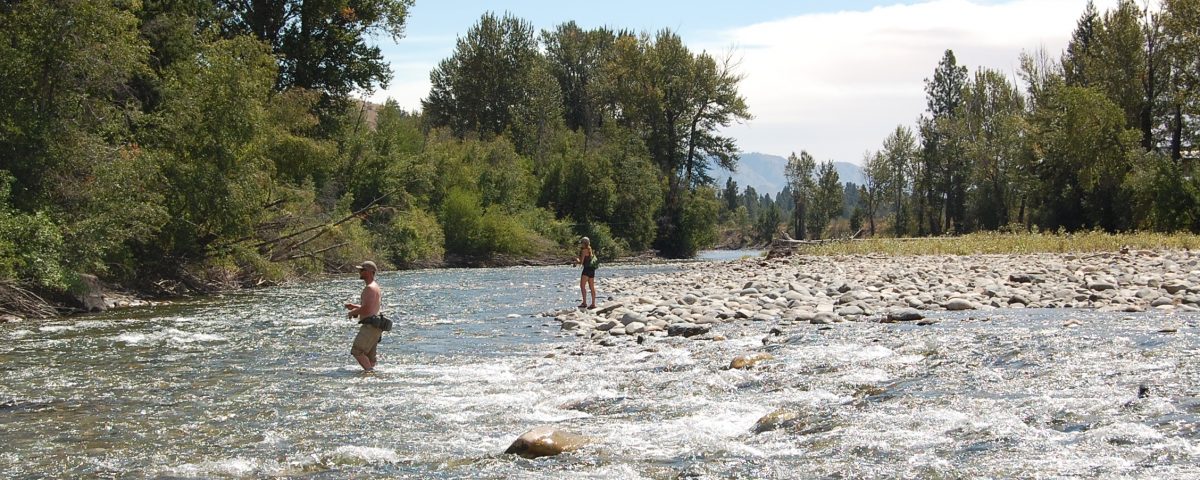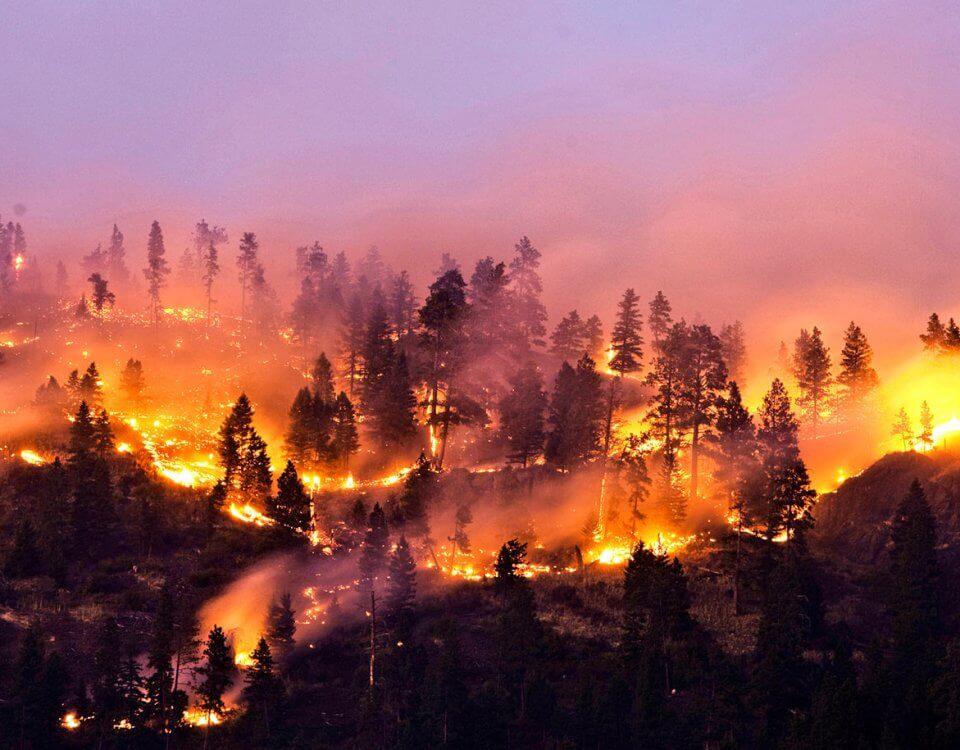Press Statement: State Provides Long-Awaited Clarity on Water Use in the Methow
Proliferating growth, a booming real estate market, and a changing climate have converged to intensify concerns over water in the Methow Valley. In addition to a pandemic, 2020 brought intense growth and water shortages to the valley. Adding to these challenges is a lack of understanding of how much water is actually in use in the Methow —and how much will be available in the future.
For several years, Methow Valley Citizens Council has been calling on Okanogan County to make real estate brokers, developers and buyers aware of the risks associated with water allocation in the Methow. To begin evaluating the problem, in late 2019 the County adopted a moratorium on new subdivisions in the Methow, with a few questionable exceptions. To gain clarity around long-standing legal questions concerning water use, the County also requested a legal opinion from the Department of Ecology on interpretation of the unique 1976 regulation governing water use in the Methow Valley, known as the Methow Instream Flow Rule, or “Methow Rule”.
On January 13th of this year, they got their answer. The Attorney General’s office sent a letter to the County’s legal counsel clarifying the intent of the Methow Rule. In the letter, the Attorney General affirmed that “single domestic” water reserves created by the Methow Rule to provide water for a single residence cannot be used for residences on parcels created by subdivision because that would not be a “single” domestic use. The letter suggested that this interpretation should apply to all parcels created after March 2002 on which a residence has not yet been built.
This is the latest development in a long-standing dispute over use of the Methow Valley’s limited water resources. For years, MVCC has warned the County of the legal jeopardy they face by misapplying the rule. MVCC also highlighted the dangers of allowing growth beyond the capacity of the Methow Valley’s water sources to sustain both human uses and healthy populations of fish and wildlife.
“We are relieved to see some clarity around the issue from the State,” said Lorah Super, MVCC program director. “We hope this will allow us to come together as a community and create a better approach to managing our limited water supply.”
Read our full press statement here.




